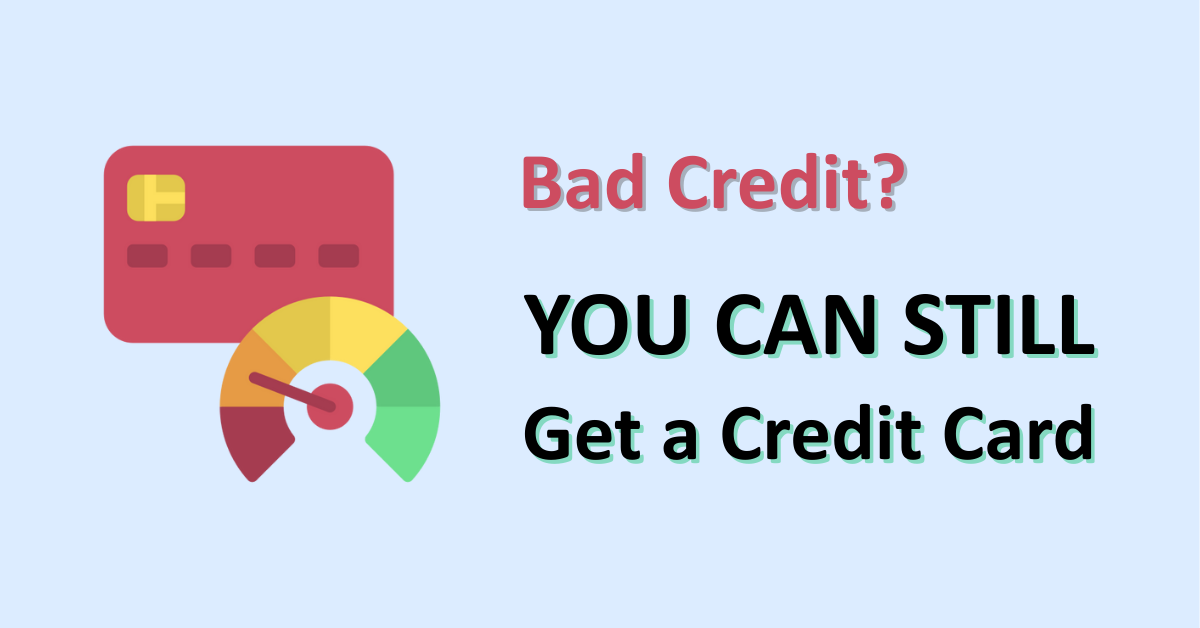Introduction
Over 60% of UK small businesses face challenges accessing credit due to poor personal scores or limited financial history. But here’s the good news: business credit cards for poor credit or startups do exist, and with the right strategy, you can qualify.
In this guide, you’ll learn:
- How to use a business credit card eligibility checker to gauge approval odds (without harming your score).
- The best UK business credit cards for bad credit history, startups, or instant approval.
- Actionable steps to improve your eligibility, even if your credit score is “business credit card bad.”
Let’s dive in.
What Is a Business Credit Card Eligibility Checker?
A business credit card eligibility checker is a tool that predicts your approval odds for a card before you apply. It uses a soft credit search (which doesn’t affect your score) to analyze:
- Personal credit history (for sole traders and startups).
- Business credit profile (via agencies like Experian or Equifax).
- Revenue requirements (most lenders require £1,000+ monthly turnover).
- Time in business (some cards demand 6+ months of operation).
Why use one?
- Avoid hard credit checks that lower your score.
- Compare cards tailored to your financial situation (e.g., low credit business credit card options).
Pro Tip: Tools like Experian’s Business Credit Checker or Credibble offer free eligibility assessments.
How to Check Your Business Credit Card Eligibility
Follow this step-by-step business credit cards eligibility check:
Step 1: Review Your Credit Scores
- Personal Credit: Check your report via ClearScore or Experian (aim for a score of 500+ for most cards).
- Business Credit: Use Companies House or Experian Business Express to review your company’s credit file.
Step 2: Calculate Your Business Revenue
Most UK lenders require:
- Startups: £1,000+ monthly revenue (exceptions: Tide, Revolut).
- Established businesses: £12,000+ annual revenue.
Step 3: Compare Card Requirements
| Card Type | Typical Requirements |
|---|---|
| Poor Credit | 400+ personal score, £500+ monthly revenue |
| Instant Approval | 580+ score, 2+ years in business |
| No Credit History | Secured deposits or prepaid options |
Note: Sole traders often face stricter checks than LTD companies.
Best Business Credit Cards for Poor Credit (UK 2024)
If your score falls into the “business credit cards for bad credit history” category, these options are worth exploring:
1. Tide Business Credit Card
- Credit Check: None (open to startups and poor credit).
- Fees: £9.99/month.
- Best For: Businesses needing flexible spending with no credit checks.
2. Vanquis Business Credit Card
- Min Score: 400 (29.9% APR).
- Perks: £0 fees for the first year, credit-building reports.
- Best For: Rebuilding credit with small, manageable purchases.
3. Capital On Tap
- Min Score: 580 (24.9% APR).
- Perks: 1% cashback, instant spending notifications.
- Best For: Startups with inconsistent revenue.
Comparison Tip: Use eligibility checkers to pre-qualify for these cards risk-free.
Business Credit Cards with Instant Approval UK
Need funds fast? These cards offer business credit card instant approval UK processes:
American Express Business Platinum
- Approval Time: 5 minutes (soft search).
- Requirements: £50,000+ annual revenue, good/excellent credit.
RBS Business Credit Card
- Approval Time: 60 seconds.
- Requirements: 2+ years in business, no late payments.
Warning: “Instant approval” doesn’t guarantee acceptance—lenders still verify income and debt-to-income ratios.
Startup Business Credit Cards With No Credit UK
New businesses with no credit history can still qualify with these strategies:
1. Secured Business Credit Cards
- How It Works: Deposit cash as collateral (e.g., Cashplus Business Mastercard).
- Credit Limit: Typically 50–100% of your deposit.
2. Prepaid Business Cards
- Options: Soldo, Pleo.
- Benefits: No credit checks, real-time budgeting tools.
3. Digital Business Accounts
- Revolut Business: Offers a virtual card with no credit checks (ideal for startups).
- Tide: Free business account + optional credit line after 3 months.
Case Study: A Bristol-based bakery secured a £2,000 Revolut Business Card limit with just 3 months of trading history.
How to Improve Your Business Credit Card Eligibility
Boost your odds of qualifying for business credit cards for bad credit with these steps:
- Pay Suppliers Early: Build a strong business credit profile by settling invoices ahead of deadlines.
- Lower Personal Credit Utilization: Keep personal card balances below 30% of your limit.
- Register with Companies House: Formalise your business to access better card offers.
- Dispute Credit Report Errors: Fix inaccuracies on your Experian/Equifax files.
LSI Keyword Tip: Tools like Credas can automate credit monitoring.
FAQs
Q: Can I get a business credit card with a 500 credit score?
A: Yes! Cards like Vanquis or Capital On Tap accept scores as low as 400–580.
Q: Do business credit cards check personal credit in the UK?
A: Most lenders check personal credit for sole traders and startups. Limited companies face fewer checks.
Q: What’s the easiest business credit card to get with bad credit?
A: Tide (no credit check) or the Cashplus secured card.
Conclusion
Qualifying for a business credit card with poor credit or no history isn’t impossible—it just requires the right approach. Use a business credit card eligibility checker to pre-screen your options, focus on lenders that cater to your situation (e.g., business credit cards for bad credit history), and prioritize cards that report payments to credit agencies.
Ready to apply? Compare your options using the tips above, and start building your business’s financial future today.




